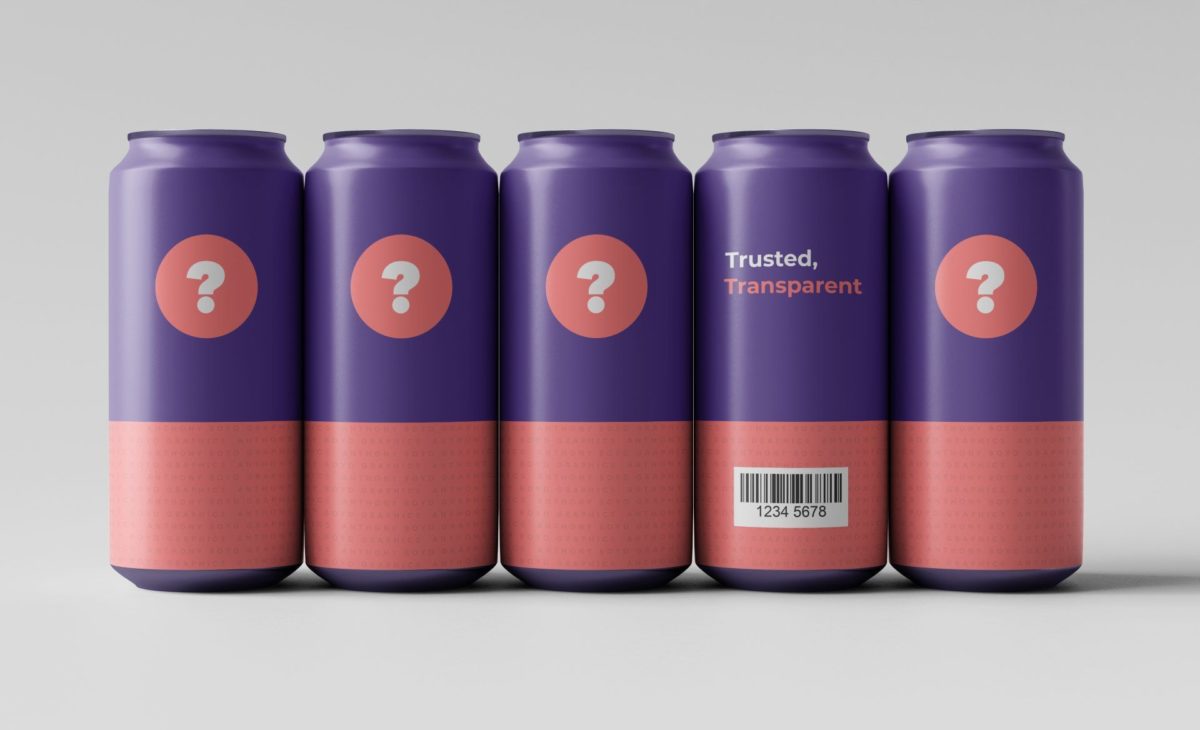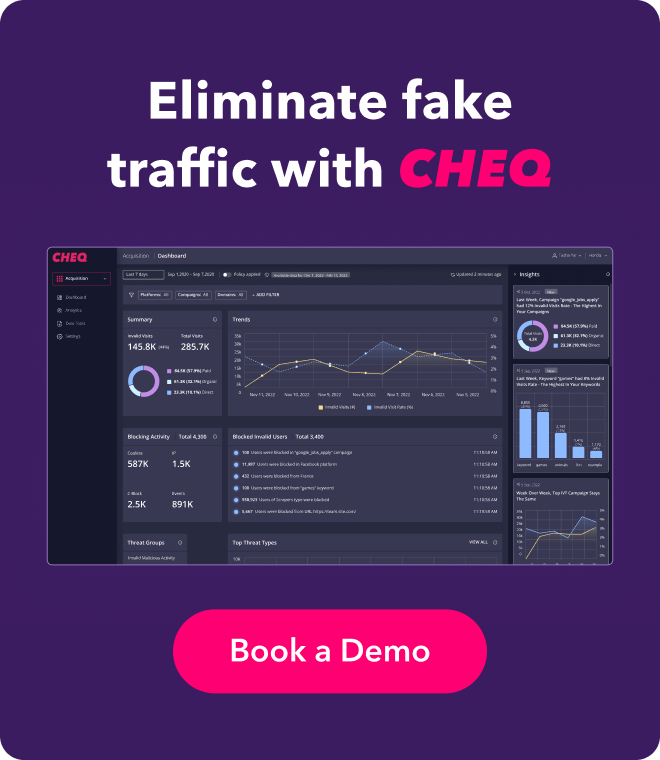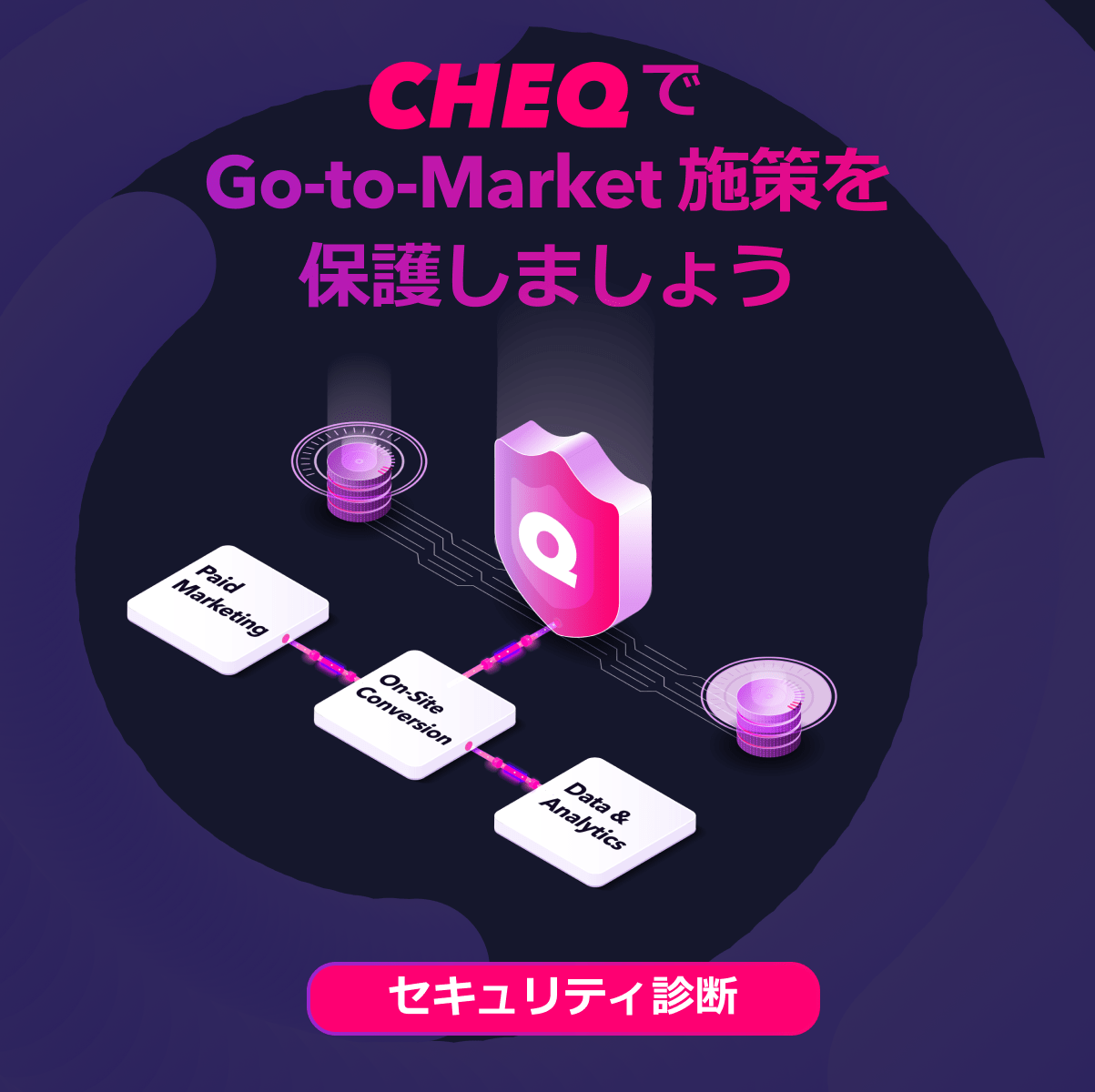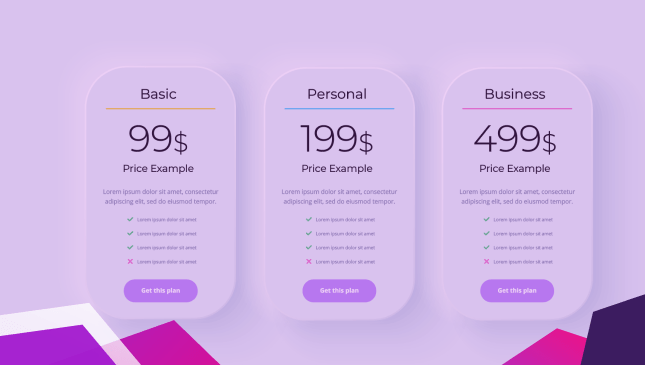How to Choose a Click Fraud Prevention Vendor: The 5 Key Questions you Have to Ask
Daniel Avital
|Marketing | May 25, 2020

Invalid clicks are on the rise. Every performance marketer has experienced this, regardless of where they’re buying their media. A recent study about Click Fraud in PPC by Professor Roberto Cavazos of the University of Baltimore showed that 14% of all ad clicks are invalid, non-human, or fraudulent. As a result, the world’s leading advertisers have been scurrying to deploy click-fraud prevention tools, to protect against invalid clicks in their paid search and paid social campaigns. If you’re a PPC / SEM advertiser looking to compare different Click fraud Prevention vendors, here are the 5 ultimate questions you need to ask each vendor:
1. Do you perform deterministic, real-time user analysis?
It is of the utmost importance to get an understanding of how your vendor determines if a user is authentic or not. Remember, you’re going to be trusting them to block traffic to your site and landing pages and if they get it wrong, they’ll either miss fake users or worse, end up accidentally blocking real paying customers. What you should look for is a vendor who has a JavaScript tag implemented directly to your page, running real-time JavaScript challenges to every incoming user’s browser and validating their information. These challenges prompt the user’s browser to respond to a variety of tests and triggers to unmask any discrepancies or manipulation in the user’s information. Most Click Fraud Prevention vendors don’t perform this kind of real-time, in-depth analysis. Instead, they rely on IP blacklists which can be purchased by anyone from 3rd party vendors. This is a completely discredited methodology, as IP blacklists become outdated and useless within weeks. These are also extremely easy to circumvent, even for entry-level fraudsters. Even more importantly though – vendors who use these blacklists end up accidentally blocking large volumes of real paying customers (many real users have IP’s originating from Data Centers which are flagged automatically by these lists), causing material damage to your business. You should absolutely 100% avoid working with IP blacklist solutions and should only work with a solution that has robust real-time analysis.
2. Do you secure my audiences from organic fraud?
Something many performance advertisers forget to consider is that Click Fraud Prevention isn’t just about cutting the direct costs of paid invalid clicks to your site or landing page. So much more money is lost on fake organic traffic that arrives on your site. True, fake organic users don’t directly cost you money, because you didn’t pay for their site visit, but what happens is that they end up in your audiences where you will waste countless dollars remarketing to them. Also, consider that when you allow organic fake users into your audiences, you end up building lookalikes based on traffic, inviting even more fraud to come your way. Most Click fraud vendors don’t secure your advertising audiences, as they only run IP blocking (limited by Google to 500 blocked IP’s per day). This means that the majority of invalid users coming your way (either from paid or organic sources) will end up in your audience pool where they will consume your remarketing budgets, contaminate your lookalike audiences and wreak havoc on your CRM. For this reason, you must only work with a tool that can go beyond IP blocking and will build out fake user audiences for exclusion and protect your remarketing.
3. Do you provide transparent fraud reasoning and log-level data?
Again, I cannot stress this enough – Click Fraud Prevention is about trust. Your vendor must provide you with the following: (a) The fraud reasoning behind every decision to block a user; this should be available to you directly in your dashboard, and (b) access to log-level data to allow them to vet their work externally, if necessary. This one is crucial, as most vendors are complete black boxes. You absolutely must have visibility over your vendor’s decision-making and reasoning. If they won’t tell you why they blocked a specific user and won’t share the granular log-level data for you to vet externally, then there is no reason to trust their performance or their numbers and you might as well be taking a blind leap of faith.
4. Do you work with major advertisers and agencies?
Who your vendor works with matters, big-time! The first and more obvious reason, is that you’re going to have to develop trust with this vendor, and what better way to do that then by inquiring about their client list. If that list is comprised of major global brand and performance advertisers, leading media agencies and ad-tech platforms, then you can feel confident to task them with securing your budgets and campaigns. If however, their client list is based mainly on small business advertisers and local service providers, then the likelihood is that this is a simplistic service with no real technological depth and accuracy. The second reason why this would matter, is that vendors working with large advertisers and agencies are constantly analyzing huge volumes of user data, because they cover so much more traffic then small vendors. This allows for greater accuracy and for the building of proprietary, properly vetted IP blacklists, as opposed to unvetted blacklists purchased from 3rd parties.
5. Do you cover all Major Paid Search / Social platforms?
Invalid clicks occur across all major paid search and paid social channels. Some platforms like Google and Facebook put serious efforts into combating click fraud and are doing a superb job, yet invalid clicks still occur at a rate that is causing advertisers material damage. Typically, Click Fraud Prevention vendors only cover Google ads, which might be fine for a small business advertiser who only runs on Google Search. But, if you’re running campaigns on other channels like Facebook, Instagram, Twitter, LinkedIn, Snap, Yahoo, Bing, Pinterest, and more, then you’ll remain exposed. It makes no sense to work with a company that doesn’t cover you on all of your PPC buying channels, which is why you work with companies like CHEQ, which covers all major PPC platforms.
Ready to try our click fraud prevention solution? Click here to request a demo.











